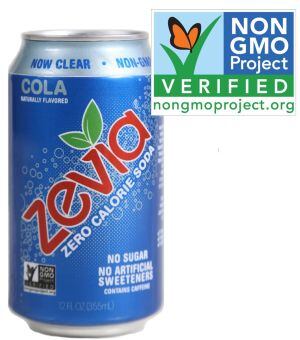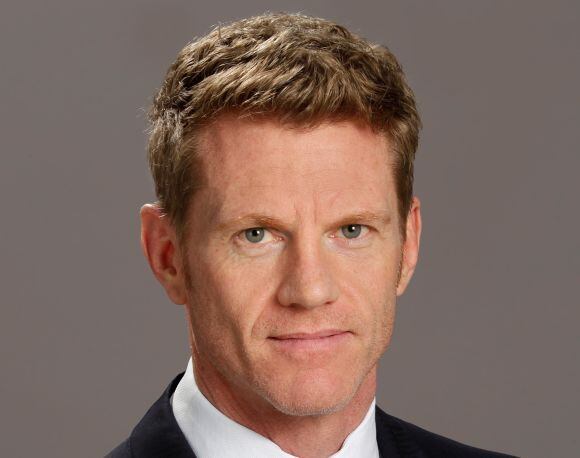One of the fastest-growing non-alcoholic brands in the beverage aisle, Zevia had previously used caramel color in its colas, ginger root beer, ginger ale, Dr. Zevia and cream soda; and natural colors in its mountain zevia and grapefruit citrus flavors.
The new soda cans feature a ‘no caramel color’ band around the top and the Non-GMO Project verified logo on the front, said CEO Paddy Spence: “Shoppers want four things from the sodas they drink: flavors, bubbles, sweetness and enjoyment. But they don’t want artificial sweeteners, artificial preservatives, artificial flavors, GMO ingredients and caramel color…
“We see this as an important step in changing the way Americans think about soda.”
Speaking to FoodNavigator-USA at the Natural Products Expo West show in March, Spence said he was not keen to jump into bed with a larger rival, despite the success of the brand, adding: “Hats off to these brands [which have sold to large CPG firms in the past few months], but frankly one of the things that has been a key contributor to Zevia’s success is our independence.”

He added: “I wouldn’t say it’s out of the question that we could be a public company. One thing the public markets value is scalability and within CPG Zevia is one of the best examples of a disruptive scalable brand in a $75bn category.”
The category is coming towards us
With the FDA proposing that manufacturers should list added sugar on the Nutrition Facts panel, more consumers reluctant to drink their calories, the Dietary Guidelines Advisory Committee urging consumers to restrict their consumption of sugar sweetened beverages, and added sugar increasingly replacing fat as public enemy #1 in the nutrition stakes, Zevia is beginning to look more relevant than ever, said Spence.
“The consumer is looking for a product with our attributes; the category is coming towards us.”

Zevia does not disclose its revenues, but Spence said the brand was still growing at almost 50% year-on-year in the conventional grocery channel, where it has an ACV (distribution) of almost 50%.
Asked about new products, he said: “We’re primarily focused on beverages, and we’ve just moved intro tonic water, as there were no naturally sweetened zero calorie products there. But categories such as tea, energy and sparkling water are also extremely ripe for our value proposition.”
Interested in what's happening in the carbonated soft drinks market?
Find out more about Food Vision USA in Chicago on October 27-29.

